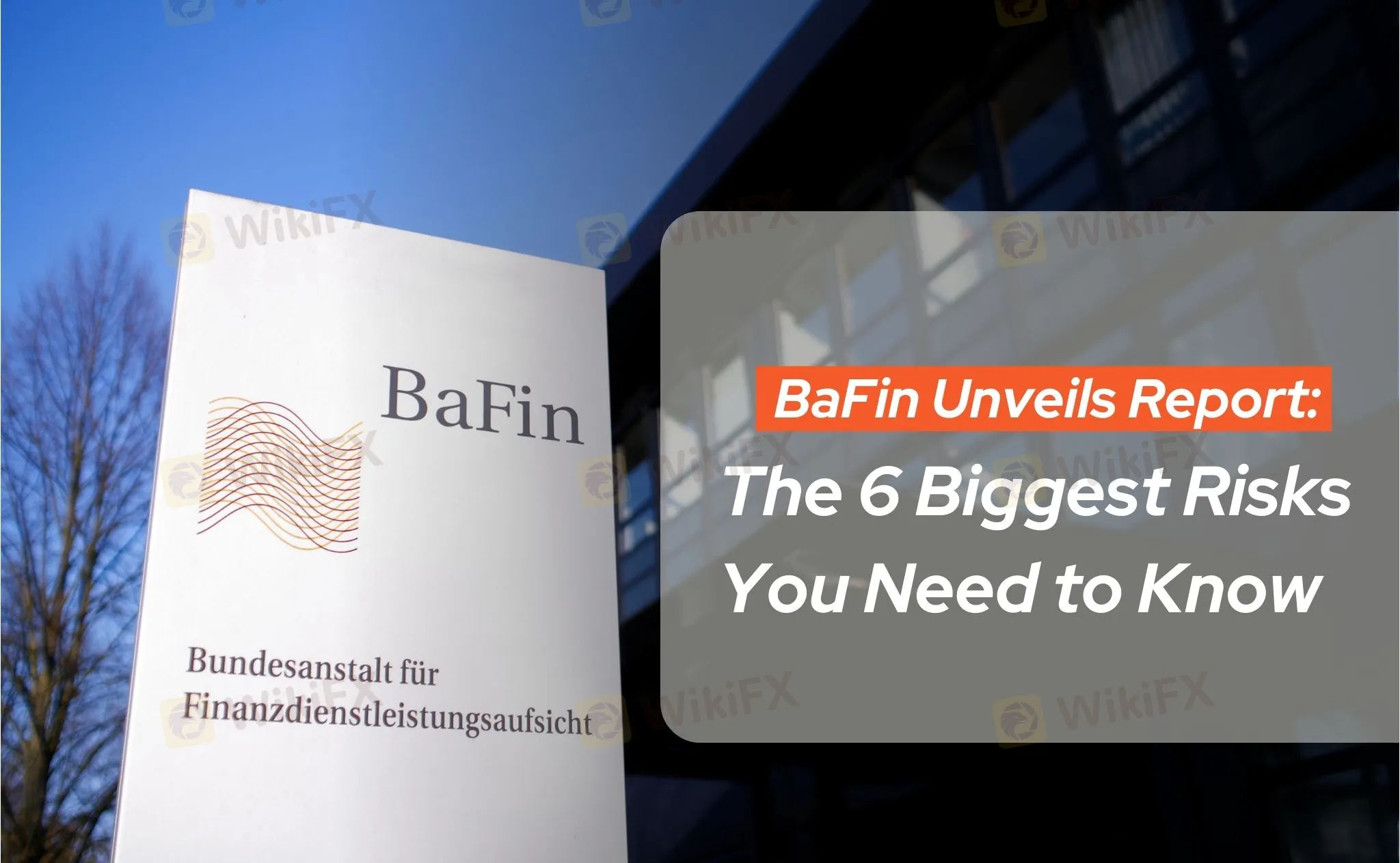Abstract:BaFin’s latest annual risk report highlights multiple challenges for the financial sector in 2025. While the financial system remained stable in 2024, global economic fluctuations, geopolitical tensions, digitalization, and sustainability concerns demand stronger risk management. The report examines six core risks facing Germany’s financial system and three major trends shaping the industry’s future.

The Federal Financial Supervisory Authority (BaFin) is the core regulatory body of the German financial market, with a mission to ensure the stability and transparency of the financial system while protecting the rights of consumers and investors. The Federal Financial Supervisory Authority (BaFin) highlighted in its latest annual risk report that 2025 will be a challenging year for the financial industry. While the financial system remained relatively stable in 2024, global economic fluctuations, intensifying geopolitical conflicts, advancing digitalization, and increasing sustainability concerns require financial institutions to strengthen their risk management capabilities. This report analyzes six core risks faced by Germany‘s financial system and three major trends shaping the industry’s future.

Risks from Real Estate Market Adjustments
Germanys commercial and residential real estate markets have faced significant pressure in recent years. The commercial real estate market, in particular, has been vulnerable, with prices declining by 17% since mid-2022. Meanwhile, non-performing loan (NPL) ratios continued to rise, reaching 4.47% in Q3 2024.

Risks from Sharp Corrections in Global Financial Markets
While global financial markets remained relatively stable in 2024, several factors could trigger sharp corrections in 2025. Geopolitical tensions, rising sovereign debt, and economic uncertainty may lead to significant market volatility.

Rising Risk of Corporate Loan Defaults
Germanys economy remains weak, with GDP contracting by 0.2% in 2024 and expected to grow only 0.4% in 2025. Corporate bankruptcies are increasing, and loan default risks are rising. The NPL ratio climbed to 1.76% in Q3 2024.


Increased Risks of Major Cyber Incidents
Cyber threats are increasing, with financial institutions becoming prime targets for hackers and state-sponsored attacks. The CrowdStrike incident demonstrated that reliance on a few IT service providers could cause global operational disruptions.

Risks from Ineffective Anti-Money Laundering Measures
Money laundering and terrorist financing risks continued to escalate in 2024, especially amid global crises. The increased use of informal payment systems like Hawala makes regulatory oversight more challenging.

Market Concentration Risks from IT Outsourcing
Financial institutions are increasingly dependent on cloud computing and third-party IT services, posing systemic risks to the industry. In 2024, approximately 50% of outsourced IT services in Germanys financial sector could not be reintegrated internally.

Three Major Trends Affecting the Financial Sector
Currently, the financial system is influenced by several long-term trends that are reshaping market structures while introducing new risks and opportunities.
Digitalization and Technological Advancements
The widespread adoption of artificial intelligence (AI) and machine learning is transforming the financial industry, particularly in trading, risk management, and fraud detection. However, concerns over transparency, algorithmic bias, and systemic risks must be addressed. Additionally, advancements in quantum computing could threaten existing encryption technologies, making it crucial for financial institutions to take early measures to ensure data security.
Sustainability and Climate Risk
The impact of climate change is intensifying, with physical risks—such as extreme weather events—potentially affecting banks‘ loan portfolios and increasing insurance companies’ loss costs. At the same time, the rise of green finance and ESG (Environmental, Social, and Governance) investments is driving market transformation. However, greenwashing remains a concern, prompting regulators to enhance disclosure requirements to ensure investors receive transparent and reliable information.
Geopolitical Instability and Economic Adjustments
Global trade disputes, sanctions, and supply chain restructuring are significantly impacting financial markets. The financial sector must navigate increasingly complex compliance requirements, while geopolitical conflicts heighten risks related to terrorist financing and state-sponsored cyberattacks.
















